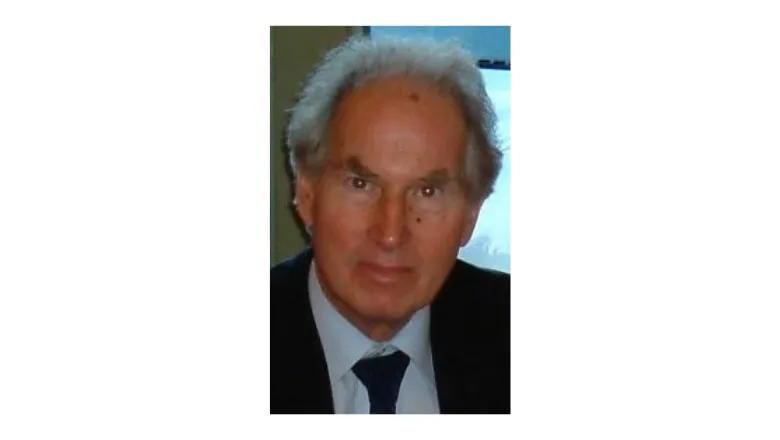09 November 2020
In Memoriam: Professor Roy Wisbey FKC
The Department of German pays special tribute to Professor Roy Wisbey FKC, Chair of German and former Head of Department (1971– 1994), who passed away last month.

The Department of German announces with deep regret the death of Professor Roy Wisbey FKC on 21 October 2020, aged 91. He held the Chair of German and was Head of Department from 1971 until his retirement in 1994.
Roy came to King’s from Cambridge, where he was a Lecturer in Medieval German Literature and a Fellow of Downing College. At Cambridge he pioneered the use of computing for literary and linguistic research, founding the university’s Literary and Linguistic Computing Centre in 1964. Roy continued to pursue this interest at King’s, supporting the introduction of applied computing techniques throughout the School of Humanities and encouraging the establishment of digital humanities in the Centre for Computing in the Humanities.
Roy fulfilled many roles at King’s and in the University of London, including those of Dean of the King’s Faculty of Arts and Honorary Director of the Institute of Germanic Studies. He was a co-founder of the national German Students’ Drama Week; co-founder of the King’s Language and Communications Centre; and inaugurator of the National Postgraduate Colloquium in German Studies. Of benefit to the medievalist community in the College and beyond was his work as co-founder and first director of the interdisciplinary Centre for Late Antique and Medieval Studies at King’s in 1988.
The Humanities at large profited from Roy’s work for the Modern Humanities Research Association, of which he was President in 2003. From 1963 to 2001 he was Honorary Treasurer of the Association; it is thanks to his astute management of its finances that the MHRA grew to be the premier organization for the Humanities in the UK.
Through Roy’s skilful stewardship the Department became one of the most noteworthy centres of teaching and research in German studies in the country. In successive research assessments, the Department obtained outstanding results, to which Roy contributed with his own publications. These included studies of the masterpieces of medieval German literature, particularly Gottfried von Straßburg’s Tristan, in which he explored the literary and cultural traditions in which the poets’works stood with great erudition and sensitivity.
In running the Department, Roy was always forward-looking. He encouraged interdepartmental collaboration in the Combined Studies programmes, most notably with French, but also with Classics, History, Portuguese, and Spanish at King’s, and with Russian at SSEES. He also played a leading role with others in the introduction of European Studies in 1992. He participated in teaching at all levels from the first-year medieval course to PhD supervision. He cared greatly for the welfare of students and was strongly supportive of the activities of the student German Society. Benevolent humanity and unquenchable enthusiasm were the hallmarks of Roy’s leadership, making for an atmosphere of mutual respect in which both students and staff could flourish.
Roy’s services to German Studies were recognised by the award of the Officer’s Cross of the Order of Merit of the Federal Republic of Germany in 1987 and the Grand Decoration of Honour for Services to the Republic of Austria in 1988.
